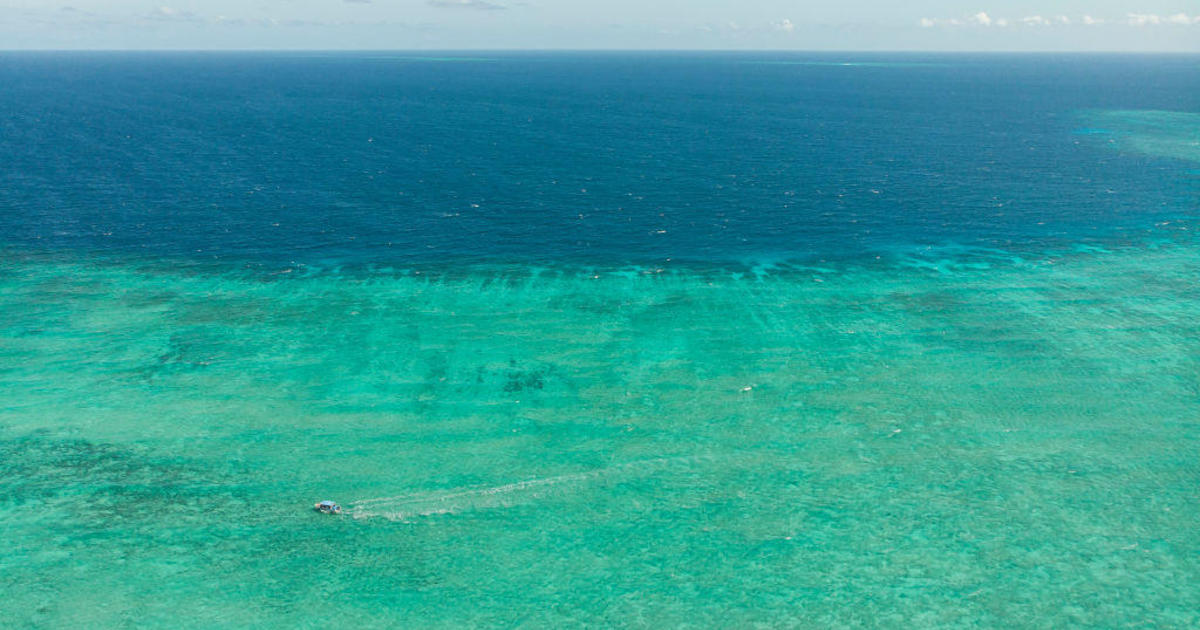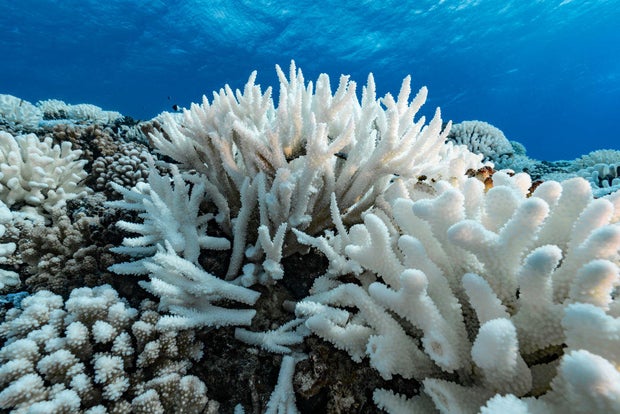Climate experts are raising alarm bells over unprecedented sea surface temperatures in the North Atlantic. With the return of El Niño, warmer than average temperatures are expected to persist, potentially affecting sea ice levels, fisheries, and coral. Christopher Hewitt, the Director of Climate Services at the World Meteorological Organization, warns that we are entering uncharted territory and can expect more records to be broken as El Niño develops. This is a concerning development for the planet.
In late June, the National Oceanic and Atmospheric Administration issued a warning that half of the world’s oceans may experience marine heat wave conditions by September. This is an unprecedented phenomenon that has not been observed in decades of measurement by the organization’s Physical Sciences Laboratory. According to research scientist Dillon Amaya, normally only about 10% of the oceans would reach these high temperatures, making this situation remarkable.
Global sea temperatures in May and June broke records for this time of year. Dr. Michael Sparrow, the head of the World Meteorological Organization’s world climate research department, stated that these temperatures were much higher than what was predicted by climate models. It is important to note that these high temperatures occurred before the start of El Niño.
Antarctic sea ice also reached record lows in June, being 17% below average. The European Union’s Copernicus Climate Change Service highlighted that this region is usually considered relatively stable compared to the Arctic. Additionally, high ocean temperatures are causing coral bleaching, which leaves coral vulnerable to deadly diseases. Coral-based ecosystems are crucial nurseries for fish.
Furthermore, spiking ocean temperatures can impact fisheries as marine life moves towards cooler waters near the poles. This can disrupt the fishing industry as fish migrate out of traditional fishing areas. In the United States alone, marine fisheries and seafood industries supported millions of jobs and generated billions of dollars in sales in 2020. Warmer ocean water also holds less oxygen, leading to the death of fish. A recent example of this was seen in June when thousands of dead fish washed up along the Texas Gulf Coast due to low dissolved oxygen levels.
Marine heat waves can also create “hot spots” of harmful algae, which produce toxins that can accumulate in shellfish and make them unsafe to consume. According to NOAA, about 90% of global warming is occurring in the ocean, and scientists attribute the widespread heat of the global ocean waters to human-caused climate change.
Denial of responsibility! VigourTimes is an automatic aggregator of Global media. In each content, the hyperlink to the primary source is specified. All trademarks belong to their rightful owners, and all materials to their authors. For any complaint, please reach us at – [email protected]. We will take necessary action within 24 hours.



